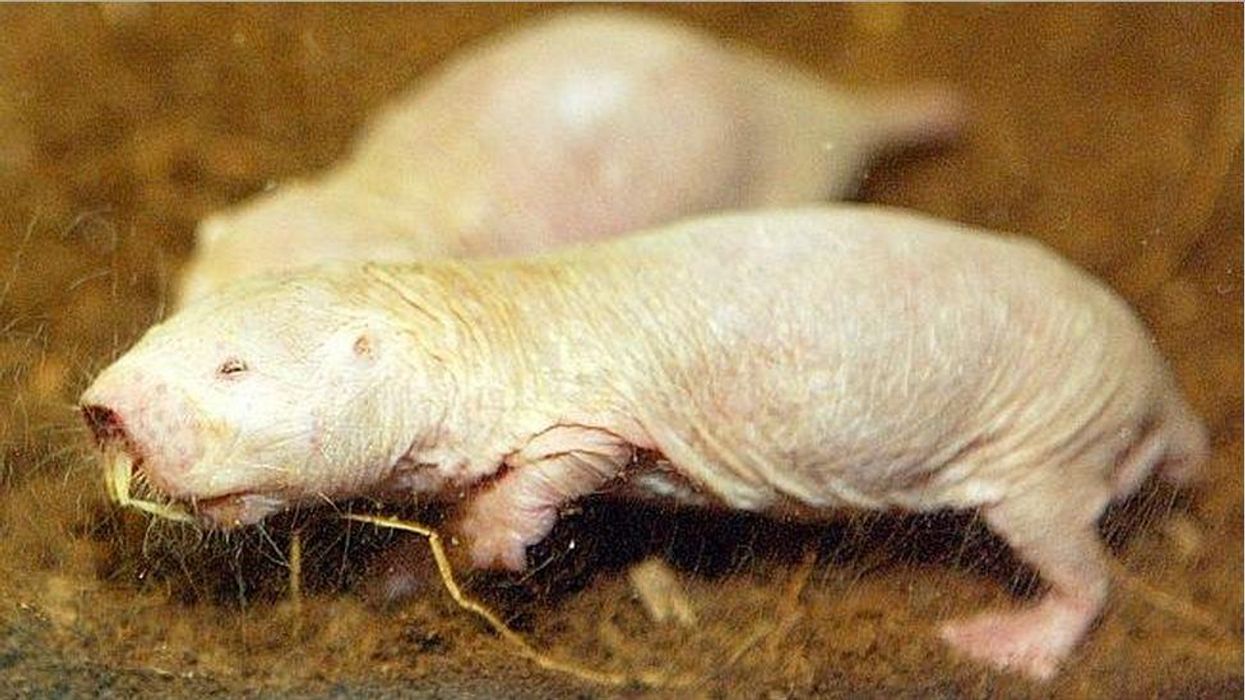News
Evan Bartlett
Sep 05, 2014

(Picture: AP
High levels of resistance to cancer among naked mole rats have long been known to scientists, but one group of researchers now hope they can transfer this protective effect to other animals.
The small rodent produces large amounts of a jelly-like substance called hyaluronan (which is present in many other mammals, including humans), and scientists funded by the Canadian Cancer Society (CCS) have launched an investigation this week to find out if this is the key to its longevity.
Found living in underground colonies in East Africa, the rodent has an unusual set of characteristics; including an apparent immunity to pain, the ability to run backwards as quickly as it can forwards and the capacity to move its teeth individually like chopsticks, according to the Australian.
The fight against cancer comes in many forms. In this case, surprisingly, it’s from a unique little rodent.
- Sian Bevan, CCS director of research
The scientists are planning to test mice engineered to be deficient in HYAL-2, an enzyme that uses up stores of hyaluronan, and to see if they gain resistance to skin cancer.
If the experiment is successful the scientists may be able to develop cancer treatment drugs using the enzyme.
Top 100
The Conversation (0)












